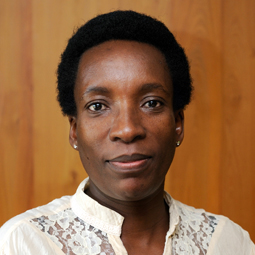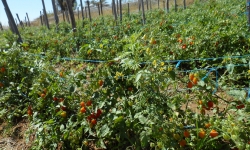A green economy project design and implementation framework for agriculture
The CSIR has developed a green economy project design and implementation framework for the agricultural sector. The framework aims to assist the South African agricultural sector in implementing projects that adhere to the requirements of a green economy.
The framework consists of two components:
- a three-step process for identifying, distilling and integrating the issues that are at the core of an agricultural green economy and
- a six-step project design and implementation process.
The first component aims to develop an understanding of what a green economy entails, define the project’s objectives and identify the project's success factors and related actions.
The second component aims to develop a monitoring and evaluating plan, define the project risks and challenges and identify ways to manage them.
The framework provides a format for dealing with diverse factors while allowing flexibility for application in specific contexts.
The framework was developed using a small-scale vegetable farming case study in the Tzaneen Local Municipality in Limpopo. The aim was to assess opportunities for rural communities to transition to a green economy founded on small-scale crop-based agriculture in South Africa.
The study revealed that small-scale agriculture is an underutilised asset that could drive the green economy in South Africa and allow the unemployed to participate in the country’s economy. The green economy provides an opportunity to improve people’s lives through sustainable development. Its purpose is to promote economic, environmental and social well-being.
More information is available in Green Economy Project Implementation Guide for the Agricultural Sector: Focusing on Crop Production in South Africa and Green Economy Implementation in the Agriculture Sector: Moving from Theory to Practice.




